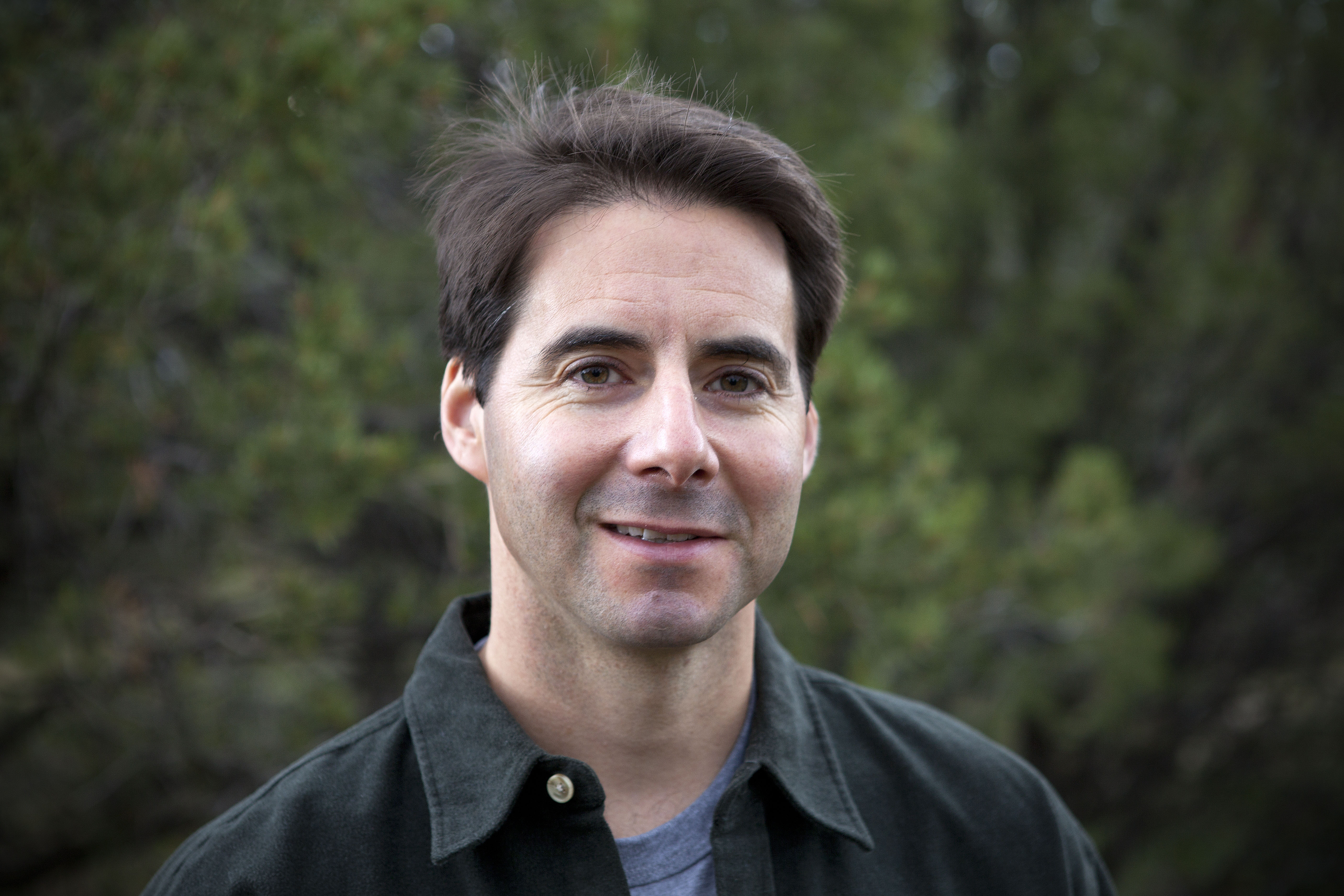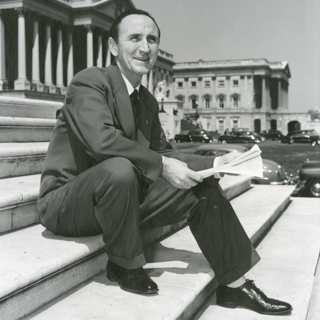From River Town to Other Rivers: Peter Hessler Reflects on Changes in China

April 2, 2024
By Carolyn Crowder
Carolyn is a senior undergraduate student at the University of Montana with majors in Political Science and English, and a Communications and Journalism Intern at the Mansfield Center.
In August 1996, Peter Hessler took a slow boat down the Yangtze River to reach Fuling. Fuling, the heart of China’s Sichuan province, had been closed to outsiders for years. His arrival marked the first time in more than half a century, since before the 1949 Communist Liberation, that the city had an American resident. Hessler was sent as a Peace Corps volunteer and taught English and American literature there for two years at a teacher’s college.
More than two decades later, he returned to teach again in the same region in 2019, at Sichuan University. In April, Hessler will visit Montana for two public dialogues and describe the sweeping changes he observed under President Xi Jinping’s rule, both in the landscape and in the young people he taught. Hessler will speak in Missoula on April 3 in the UC Ballroom and via Zoom, and Kalispell on April 4 at Flathead Valley Community College.
In his debut book River Town, Hessler details his first experience in Sichuan province, where “history was never far away and politics everywhere you looked.” He taught at Fuling Teachers College, “built on the ashes of the Cultural Revolution,” a decade-long, violent movement Mao Zedong launched to reassert control by setting radical youths against the CCP hierarchy. Most of Hessler’s students were born around Mao’s death, in 1976, and grew up in the era of paramount leader Deng Xiaoping's “Reform and Opening” policies, an economic shift from central planning and self-sufficiency to market-led development and international trade.
In River Town, Hessler tells the stories of students, teachers, and others he meets in Fuling against the backdrop of a rapidly changing country. These stories of a small town reveal insight into the political sentiments and economic boom that occurred in China in the late 1990s.
Fuling, enclosed in the terraced hills of the Yangtze River basin, was isolated from the bustling urban centers of Beijing and Shanghai. But during his time in the town, Hessler observed the plans for industrialization that would set Fuling down a new path: the construction of a high-speed expressway to Chongqing, the largest city in China’s southwest region, and a major dam project on the Yangtze meant for electricity, flood control, and transportation. The latter, known as the Three Gorges Dam project, began construction in 1994 and was one of the largest engineering projects in the world. Hessler writes “soon their city would become more than a forgotten river town, and they would no longer be at the mercy of the Yangtze and its slow boats.”
In 1997, Hessler observed students and staff of the college English department gather in a lecture hall to watch the broadcasted memorial service for Deng. Originally from Sichuan province, Deng was purged twice and his son was paralyzed after an interrogation by the Red Guards, Chinese students who served as the spearhead for Mao’s Cultural Revolution. Hessler writes “much of what was good and bad about the Sichuanese could be seen in the character of Deng Xiaoping.” He held a “practical, hard-headed intelligence” that Hessler argues allowed him to lead China out of the Cultural Revolution and turn the country away from a state-run economy. But, as he notes, Deng is also known for the violent suppression of pro-democracy demonstrations in 1989 in Tiananmen Square.
When Hessler returned to the region to teach at Sichuan University in 2019, he discovered a China vastly changed. In his forthcoming book Other Rivers, he reflects on this transformation through his observation of a new generation of students, born in the Xi era, and through his reconnection with individuals of the “reform generation” he taught in the 1990s.
Born to a communist revolutionary leader and the victim of the Cultural Revolution, President Xi Jinping was named general secretary in 2012, the top leadership position of the CCP. Xi now leads an economic superpower that rivals the U.S., which competes with the economies of democratic, developed states on the global stage.
From the radical movements under Mao, to the pragmatic leadership of Deng, to the deeply ambitious rule of Xi, Hessler offers a distinct perspective on the dramatic transformations that came to Sichuan province and to all of China.
Register to attend Peter Hessler’s dialogue “From the Reform Generation to Generation Xi” in Missoula on April 3 at 7 p.m. and in Kalispell on April 4 at 7 p.m.
